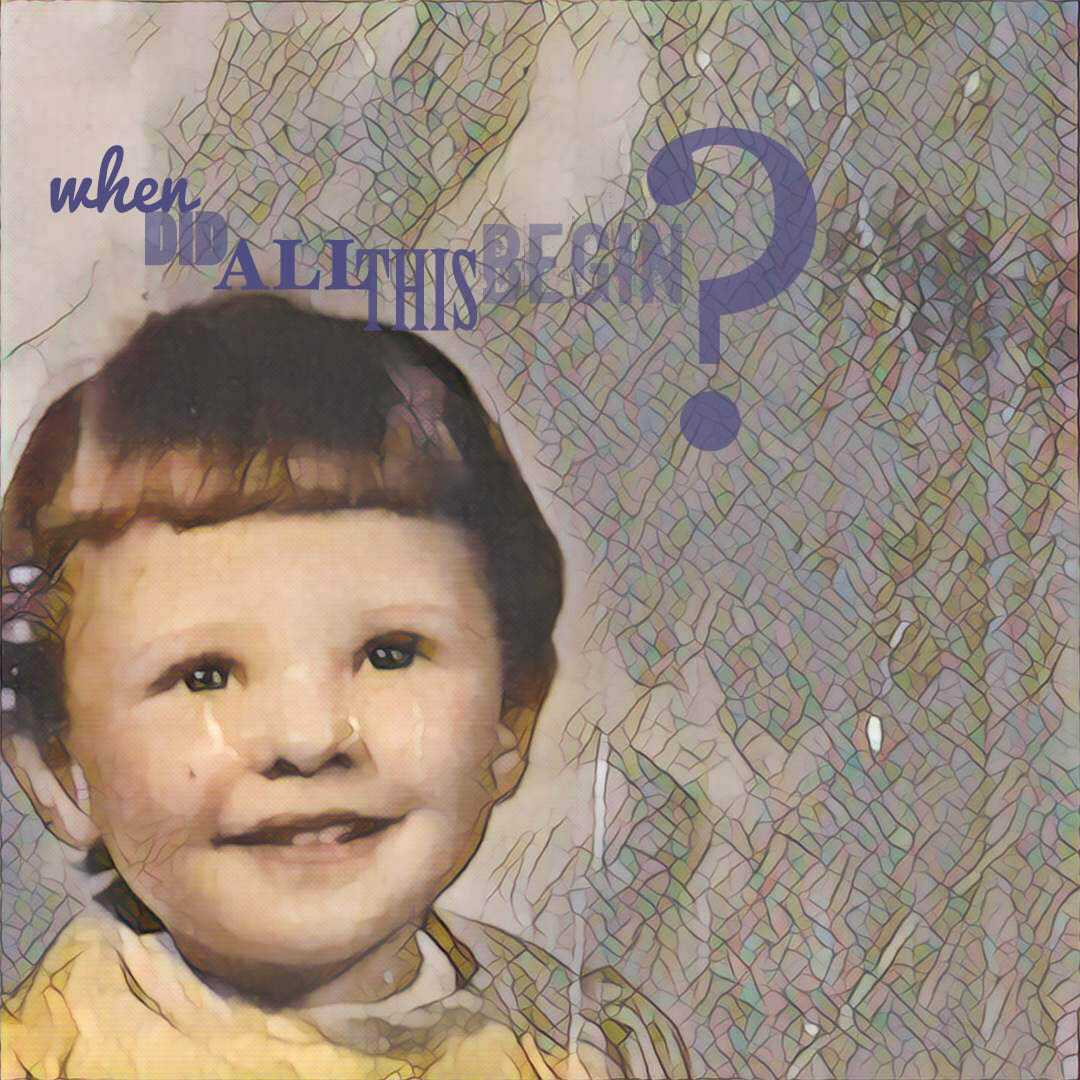 I was listening to an interview on ABC with Kate Mulvaney, an Australian playwright, and she was being asked about her small-town beginnings, her childhood and how that has shaped her work. Small-town country life, being bullied, an early near-terminal illness, long periods of hospitalisation, splintered relationships—these and other profound factors added up to an award-winning storyteller. It got me thinking about how writers are put together, what makes them want to write, and what gives them this enormous insatiable love of stories?
I was listening to an interview on ABC with Kate Mulvaney, an Australian playwright, and she was being asked about her small-town beginnings, her childhood and how that has shaped her work. Small-town country life, being bullied, an early near-terminal illness, long periods of hospitalisation, splintered relationships—these and other profound factors added up to an award-winning storyteller. It got me thinking about how writers are put together, what makes them want to write, and what gives them this enormous insatiable love of stories?
It could be hereditary. Seriously. Most people have an author or a poet or a theatrical player squirrelled away on their family tree eating all the crazy nuts. If you don’t think you do, you probably just aren’t looking hard enough. My grandfather reportedly wrote poetry, although his much-remarked anthology mysteriously evaporated with all the smoke and mirrors of a Dan Brown novel. It’s also been mentioned occasionally, say after Christmas dinners around the family table, that my great-grandmother wrote short stories, and was published several times in that iconic Australian housewive’s journal, The Australian Women’s Weekly. Again, all hearsay at this stage. Could have been the Christmas sherry talking.
But my parents did like a good yarn. No, not yarn as in wool or cotton, rather yarn as a term for stories. Yarning is an Australian tall-tale-telling tradition, a phrase perhaps that comes from the idea of spinning a long thread— and spinning out a long amusing story—and the practice was finely spun indeed in my family. My father learnt the tradition from his yarn-loving father who was, in fact, a wayward Kentuckian who people described as the Life of The Party. I’ve since heard that folk from Kentucky are not adverse to a good yarn either, so I guess he got it from that neck of the woods as well. Looking through his various official papers, I do think of him quite the creative story-maker—make of that statement what you will. Say no more.
Whether you learn the love of story or inherit it in your DNA, it seems to me that adversity early in life feeds a love of story. I’ve noticed that many writers have suffered as children. Be it a childhood sickness, early abandonment, a fractious home life, sustained bereavement, upheaval, social ostracism, abuse, loneliness, or any number of trials that a young person may be made to endure, adversity creates a space in a person’s mind where stories become essential. A lifeline even. It’s a habit that lasts a lifetime.
For a kid, it’s is a bit about escape, I think—facing inward for comfort and stimulation in times of hurt or fear. Also, it’s about control—being able to create and control a personalised narrative even if nothing else in your life seems within your control. It’s also a sort of dreaming—wanting to create meaning and order for yourself out of what appears to be ‘other-worldly’ matters going on around them.
I might be getting a bit too deep here, so I’m pulling the plug on this bath tub full of words and deep thoughts.
Gurgle.
Where does your love of story come from? Is it just a human thing or is it much more of a personal urge for you?
